During the coronavirus pandemic, previously bustling locations from malls to urban downtowns have gone eerily quiet. But your local pizza place might still be open, along with restaurants that can survive on takeout and delivery orders and, of course, grocery stores. After all, keeping people fed during an epidemic is critical, and food delivery and supply are more essential now than ever.
States have free rein to declare what type of business is essential. Specific designations vary from state to state and even from city to city. Not every category is as clear cut as healthcare providers, supermarkets and pharmacies. Businesses that have been allowed to continue operation in some places include:
- Real estate offices — Companies engaged in the purchase, sale or management of property are frequently regarded as essential. Residential real estate brokers may be able to show homes, either in person or virtually, and conduct inspections and closings. In New York, brokers can conduct virtual showings only, but next door in New Jersey, brokers are allowed to conduct one-on-one home visits as long as the current residents are not present.
- Marijuana dispensaries and liquor stores — Most states are allowing recreational marijuana dispensaries to stay open, but in Massachusetts, only medical marijuana providers are deemed essential. Liquor stores are open in most states but must adhere to social distancing rules.
- Repair shops and auto dealerships — Some municipalities, including Washington, D.C. and Jersey City, initially included bike shops among nonessential retail establishments and ordered them closed, but later recanted. By conducting business virtually and bringing vehicles to potential buyers’ homes, many car dealerships can remain open and auto repair is available in most states.
- Healthcare providers — Of course, during a health crisis, medical providers are essential, but that doesn’t mean their offices are open. Some pediatricians, internists and urgent care facilities are providing virtual sick visits but have eliminated office appointments. Many dental and physical therapy providers have also been ordered closed, and rules may vary even within states. Veterinarians are generally considered essential, but call first in case some are operating strictly on an emergency basis.
States disagree significantly on the definition of an “essential” business. Moreover, municipalities within a state can differ with each other on this issue. Whether you’re a business or a consumer, operating outside the law could lead to criminal charges. Rules have been changing regularly, so it’s best to check first before going out. If you’ve been accused of violating the law, it’s best to consult with a knowledgeable criminal defense attorney to review your options.
Contact an accomplished criminal defense lawyer for a consultation
Lipscomb, Johnson, Sleister Dailey & Smith, LLP defends individuals who have been charged with criminal misconduct. Please call (770) 637-4741 or contact the firm online to speak with a qualified attorney.

